
Gains made in Caribbean Renewable Energy Transition

The Caribbean has been making steady progress regarding climate action through an accelerated renewable energy transition.
Energy market instability has been a major incentive for the Caribbean to pick up the pace of planned projects for reducing emissions. However, climate change experts say the pace needs to be quickened.
Dr Gene Leon, president of the Caribbean Development Bank (CDB) said more renewable projects are needed to meet the region’s target of 47 per cent renewable energy by 2027 or 55 per cent of renewable energy by 2030.

“This would mean installing 320 megawatts renewable energy capacity per year, compared with the average of 25 megawatts per year installed over the last nine years across the region,” Leon explained.
Round up renewable projects across the region
- In the Bahamas, the Ragged Island 390 kW solar micro grid project was completed in July and powers the entire island.
- In Saba where solar parks already provide 40 per cent renewable energy coverage, a recently approved 4.1 M grant from the EU will finance renewable energy developments including the building of another 1MW wind or solar facility.
- Construction of a US$75M, 35.6 MW solar farm plus 44.2MWh of lithium-ion battery storage began in June 2022 in St. Kitts and Nevis. Previously stalled plans for geothermal energy development have just recently been revived.
- The Commonwealth of Dominica has started the build out of well pads and access roads for a new 10 MW geothermal plant with actual construction of the power plant estimated to be completed in 2023.
- In August, the National Gas Company of Trinidad and Tobago Limited and NewGen Energy Limited, signed an agreement to work together in the development of NewGen’s green hydrogen production facility. The objective is to produce an additional 100 MW of power.
- A partnership between IFC, IDB Invest, HDF Energy and Rubis is working towards the development of a 50 MW project comprising a solar plant with green hydrogen and lithium-ion battery storage in Barbados.
- In Jamaica, a new 45MW floating solar photovoltaic project at the Mona Reservoir was launched in September 2022 to power 100 per cent of the National Water Commission’s energy needs at the reservoir.
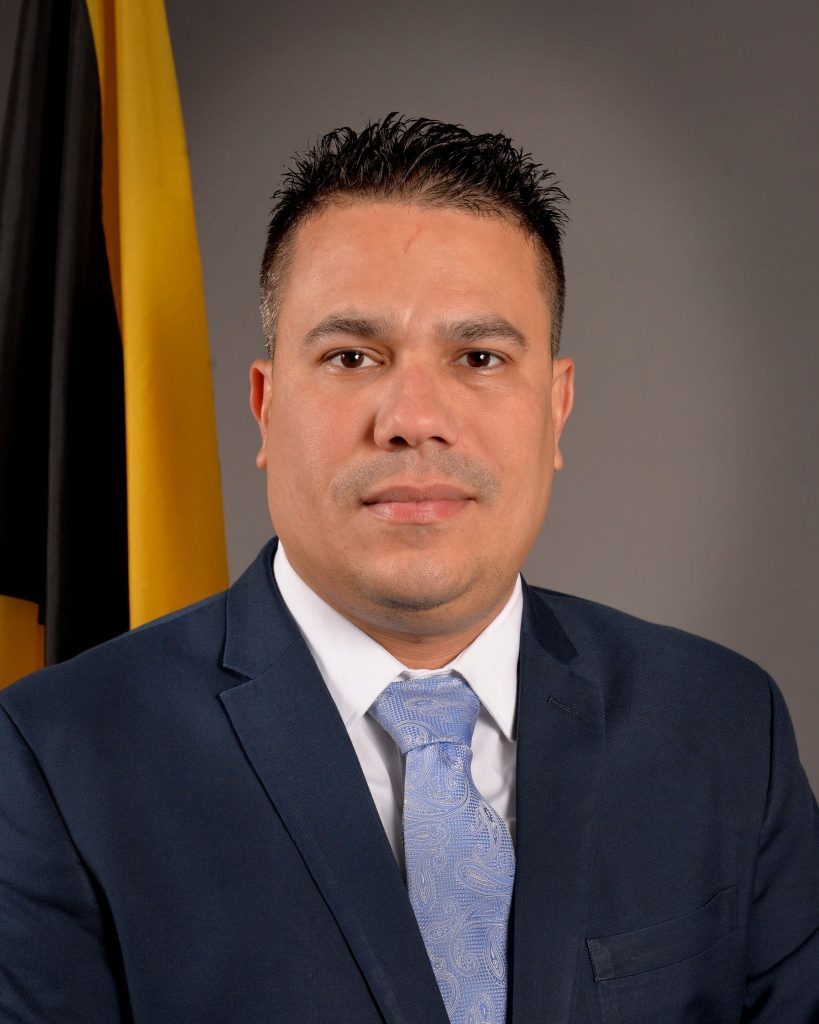
In a recent Caribbean Climate-Smart Accelerator video learning session, Jamaica’s Minister without Portfolio in the Ministry of Economic Growth and Job Creation, Matthew Samuda argued that Renewable Energy Transition is not just a climate imperative for energy transition in Jamaica but is also an economic imperative to guard against international energy crises that lead to increased poverty rates.
Caribbean Climate-Smart Accelerator was launched in August 2018 to strengthen the region’s readiness and response to disasters. The objective is to help transform the Caribbean economy through fast-tracking sound public and private investment opportunities, supporting climate action and economic growth.
APPLYING INNOVATION TO THE MOST PERSISTENT CHALLENGES
This is being done to help countries to build more resilient countries, cities and industries through building economies of scale and facilitating collaboration across countries, bringing blended financial instruments and philanthropic funding to projects and forging partnerships across the public and private sectors, with the goal of creating the world’s first climate-smart zone.
This is in addition to applying innovation to the most persistent challenges.
The Accelerator projects and opportunities build a more sustainable and resilient future for the region through collaboration between national governments, regional and international institutions as well as public and private sector organisations.


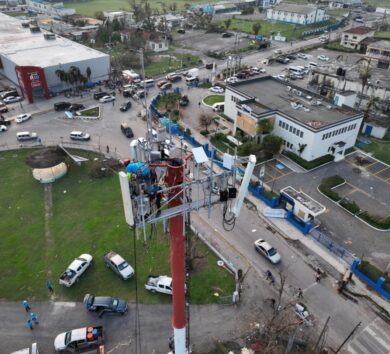
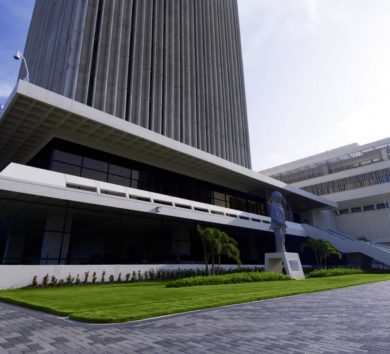
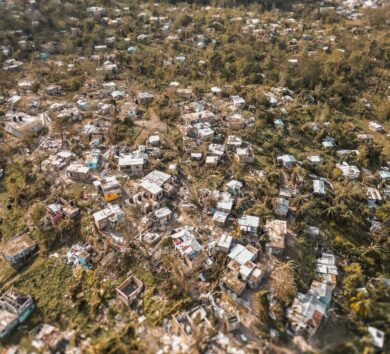
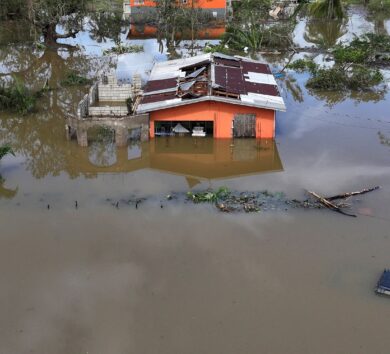
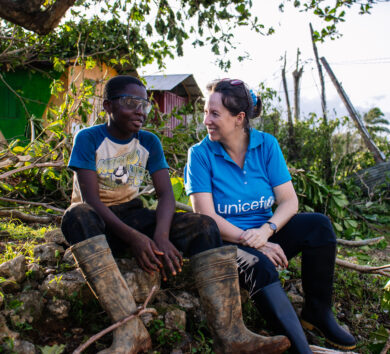
Comments